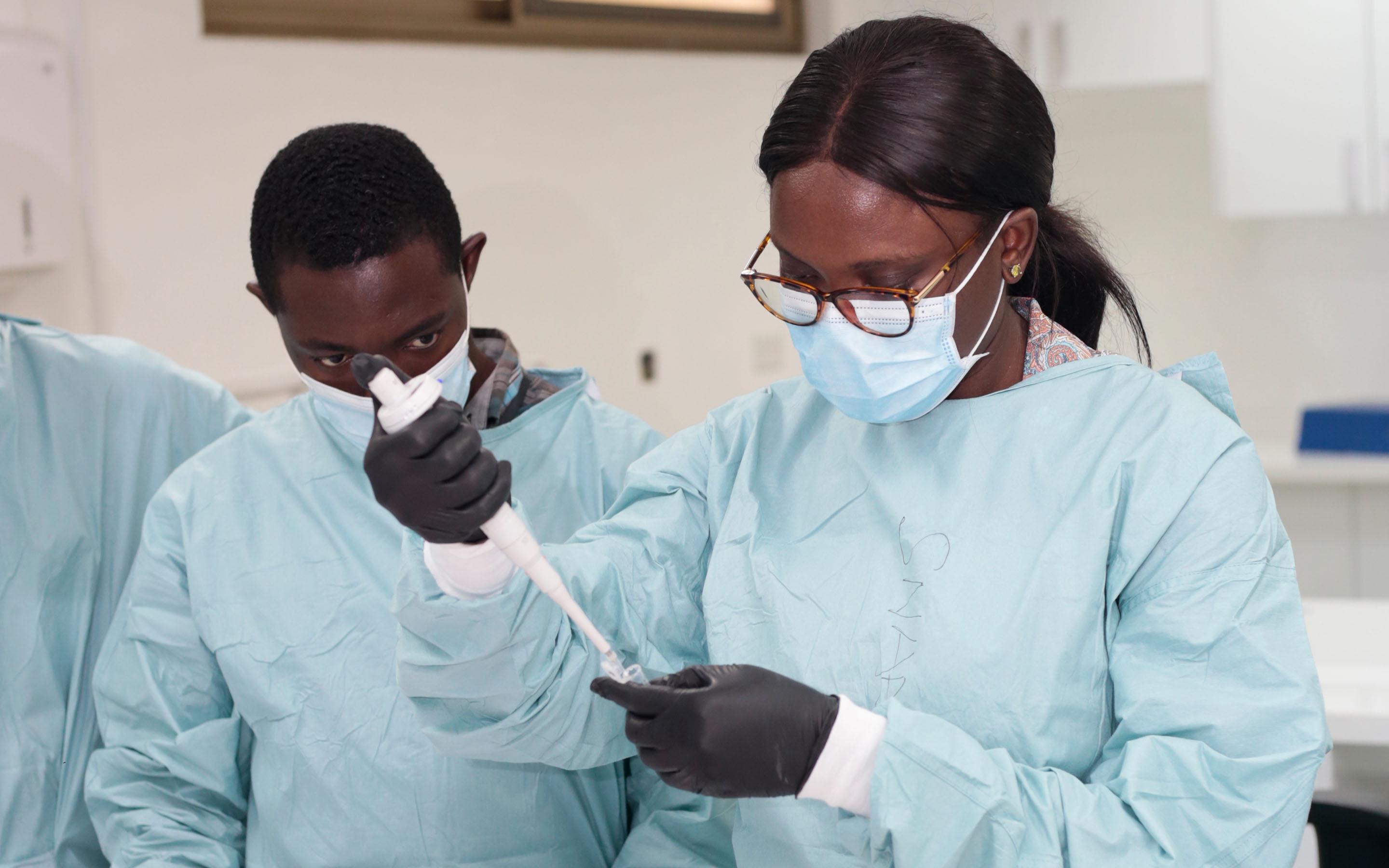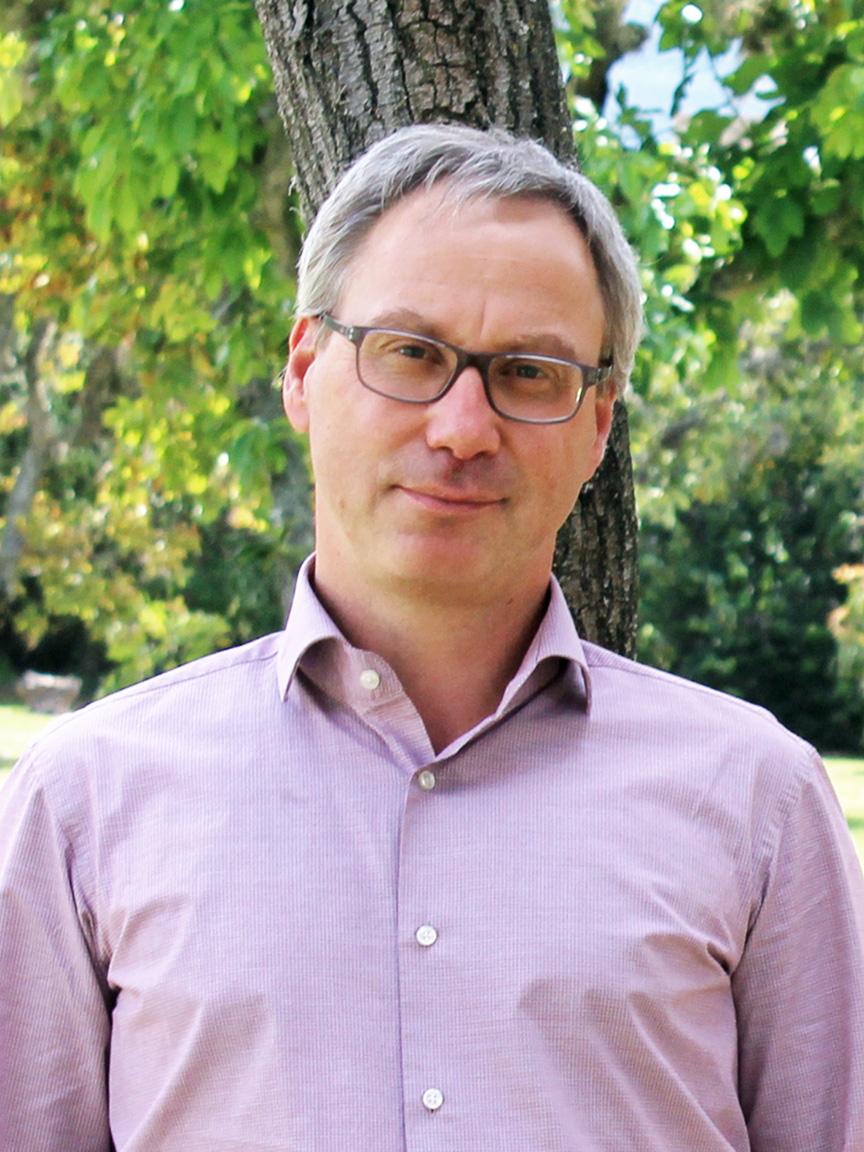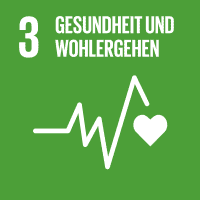Dr Norman Nausch (45) is a biologist specialising in immunology and microbiology. In 2020, he moved from a research position to GIZ, where he now heads the German Epidemic Preparedness Team (SEEG) on an interim basis.

‘We’re paving the way for long-term change’
Norman Nausch is head of the German Epidemic Preparedness Team (SEEG). He talked to us about the team’s current priorities and how they contribute to the UN’s Sustainable Development Goals (SDGs).
During the COVID-19 pandemic, SEEG helped to improve medical laboratory diagnostics worldwide. Has the focus of your work changed since then?
Now that the COVID-19 pandemic has subsided, we have been able to turn our attention to other important issues. One of those is avian influenza, which is also known as bird flu. It’s a major problem at the moment, especially in West Africa and South America, because neither of these regions had previously been affected by the disease, or at least not to the same extent. Wherever it occurs, it affects both wild birds and poultry farms. Many animals die or have to be culled, and of course that has financial consequences for poultry farmers. Although the disease mainly affects poultry, it can also spread to humans. Zoonoses of this kind are generally on the increase. That’s why we’re getting involved more and more in animal health, too, and have started working with the Friedrich Loeffler Institute alongside our established partners from the Robert Koch Institute, the Bernhard Nocht Institute for Tropical Medicine and the Charité Berlin.
What exactly does that involve?
As with COVID, we support our partners in setting up or improving laboratories that can diagnose and sequence avian influenza. We’re also involved in dealing with outbreaks. Success in this area depends largely on how well individual government agencies work together. In Ecuador, for example, we are bringing together actors from the ministries of agriculture, health and environment, and working with them to develop strategies to monitor or contain avian flu.
One of the key UN Sustainable Development Goals, SDG 10, is to reduce inequalities. How does SEEG contribute to that goal?
In many countries, there are significant regional differences in the availability of medical diagnostics, and laboratories are generally concentrated in the capitals. We are focused on building up greater regional capacity in order to improve the service for people living outside the main cities. That goes for both human and veterinary medicine. Poultry farming, for example, is an important part of the economy in rural areas. Measures to prevent bird flu also help to protect people’s livelihoods.
How would you assess the impact of your work?
Our training and advisory work is focused on the short term. That means we can’t really bring about any direct structural changes. However, we do offer suggestions and ideas that are taken up by our partners. Our work has already led to a number of follow-up projects. The overall response has been very positive.

